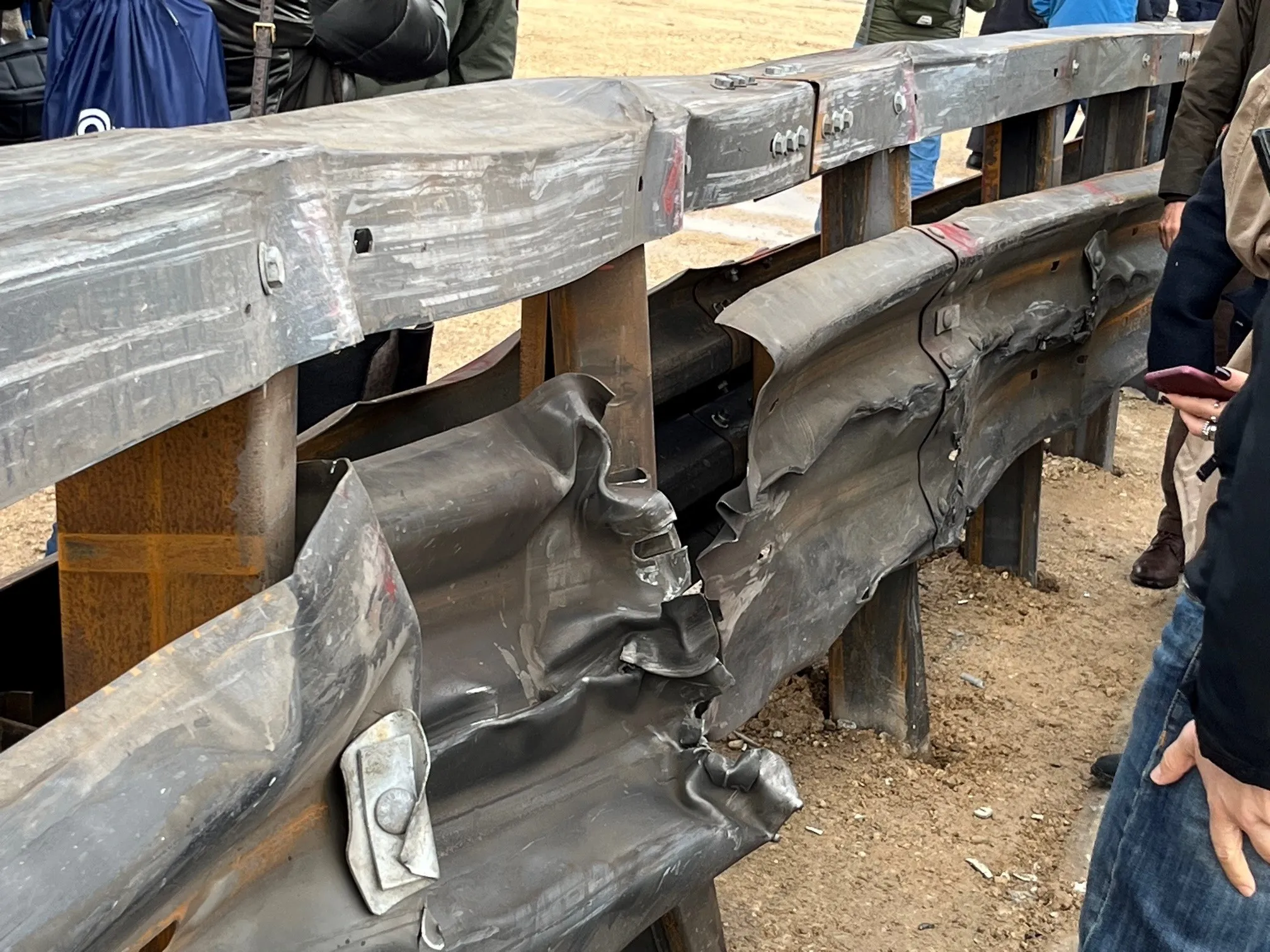A serious problem with driving under the influence is now being seen in New Zealand. For the first time ever, drivers under the influence of drugs have been involved in a greater number of serious crashes than those under the influence of alcohol. As a result, more people were killed as a result of drug use than alcohol use in road crashes in New Zealand during 2017. This worrying fact highlights the problem with illicit drug use in New Zealand.
The result of the research into road deaths has been revealed by the Automobile Association (AA), which says that New Zealand police should be equipped with drug testing kits to help address the problem. Kits that use saliva to test for drug use amongst drivers have been employed successfully in some parts of Australia as well as Denmark, France, Ireland, the Netherlands, Norway, Denmark and the UK for some time and the technology is now well proven. At present New Zealand police have to have strong reason to suspect drug use by drivers and even then, can only carry out tests based on whether a driver is physically capable of walking and turning.
According to the AA, there were 79 fatal road crashes involving drug use by drivers in 2017, compared with 70 fatal crashes involving drivers under the influence of alcohol. This highlights the increasing scale of the issue as in 2016, there were 59 fatal crashes involving drug use by drivers compared with 67 in which drivers were under the influence of alcohol.
The research shows that cannabis and methamphetamine are the most common drugs detected in the case of driving under the influence. The latter drug has seen a particular growth in use in New Zealand in recent years.
The AA is calling for the proven saliva testing kits to be employed in New Zealand and for officers to be able to carry out random testing by the roadside in a bid to tackle the issue more effectively.
New Zealand’s DUI road risk is changing
A serious problem with driving under the influence is now being seen in New Zealand. For the first time ever, drivers under the influence of drugs have been involved in a greater number of serious crashes than those under the influence of alcohol. As a result, more people were killed as a result of drug use than alcohol use in road crashes in New Zealand during 2017. This worrying fact highlights the problem with illicit drug use in New Zealand. The result of the research into road deaths has been revealed
June 22, 2018
Read time: 2 mins







